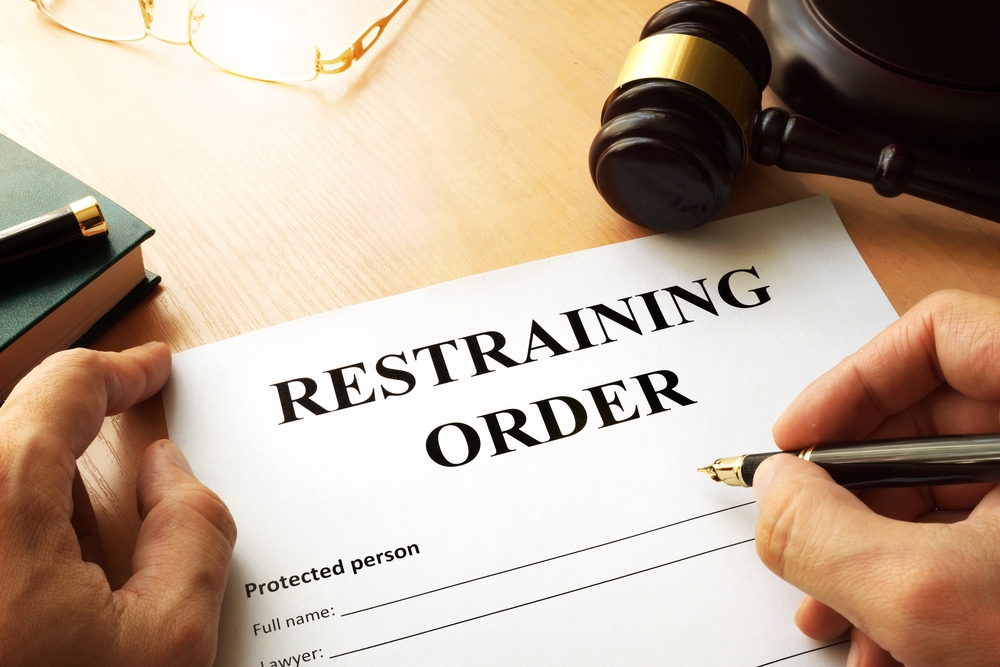
N.J.S.A. 2C:25-29(b) sets forth that the Family Part "shall grant any relief necessary to prevent further 20 A-2795-22 abuse." The determination as to the appropriate relief needed in a particular case to accomplish this goal is necessarily fact specific.
Under N.J.S.A. 2C:25-29(b)(7), the trial court may issue a Final Restraining Order (FRO) forbidding a defendant from making contact with a plaintiff or "others." "Others" is expressly defined to include those "family members . . . or others with whom communication would be likely to cause annoyance or alarm to the victim."
When a judge finds that you are entitled to a FRO, then she can also list ‘other people’ as being protected persons. Generally, that would be anyone else who resides with you, or other people who have been brought into the domestic violence in some manner. For example, if the defendant/aggressor called your sister 100 times to contact you and convey harassing or offensive communications, then your sister may be an appropriate protected person.
The trial court is granted broad discretion in crafting the protective provisions of a FRO. The inclusion of a protected party in the FRO must be based on a specific factual finding that interaction between the other person and the defendant is likely to cause a risk of future harm to the victim. This is key because a FRO entered under the domestic violence statute already prohibits contact with the plaintiff/victim through a third-party. N.J.S.A. 2C:25-29(b)(7)
A plaintiff must present evidence that the protected party was either somehow involved (or used) by the defendant in committing the act of domestic violence, or that a predicate act occurred between the protected party and the defendant. In other words, the plaintiff must provide evidence and the judge must make specific findings that there is a need for the third-party to have the protections of the restraining order.
If you are a plaintiff, it is critical that your attorney asks for these additional people, be listed in the original FRO. If you are a defendant, you want to ensure that only appropriate people are listed. Any violations of a FRO are criminal matters and may result in jail time.
Frequently, a restraining order may list the children of the plaintiff and defendant as protected parties. If you are a defendant and this is keeping you from seeing your children, then you should contact our office to schedule a consultation to determine if you can have the children removed as protected parties.
Domestic Violence Restraining Orders are complicated matters. Often, the initial order is entered and there is a trial within 10-15 days. If you have been served with a restraining order or you have obtained a restraining order, contact our firm immediately to set up an initial consultation. The attorneys at LaBletta & Walters are experienced in prosecuting and defendant against restraining orders.

